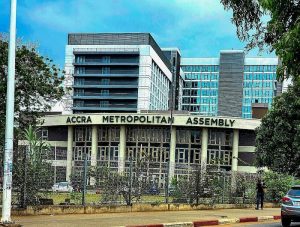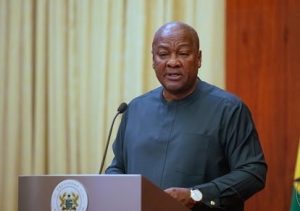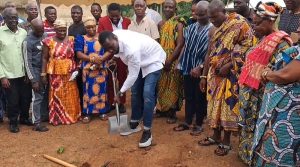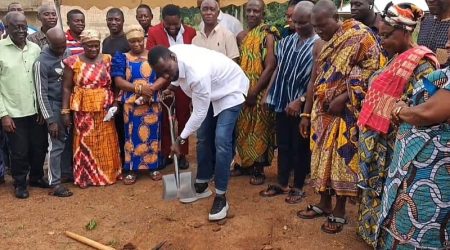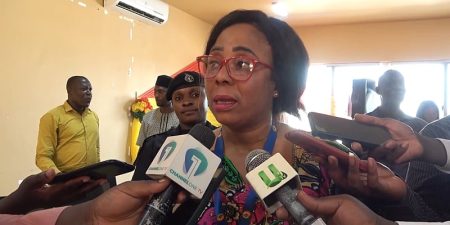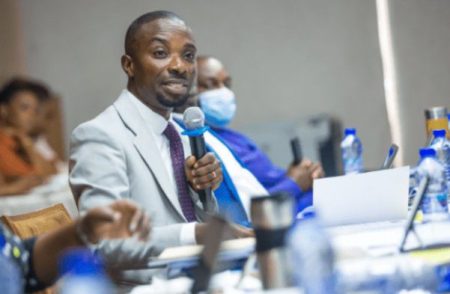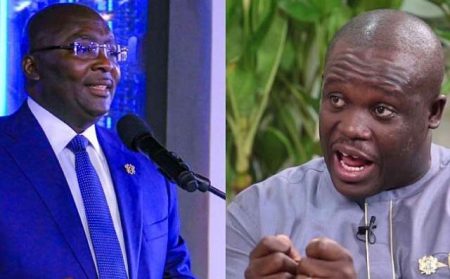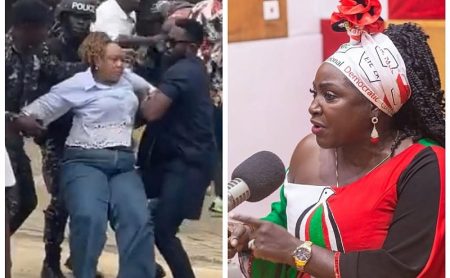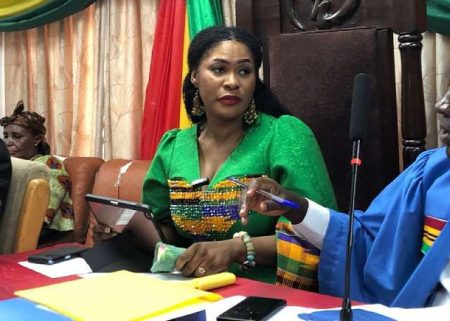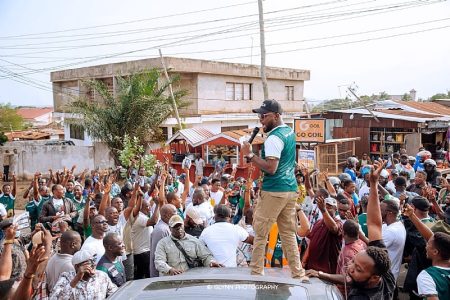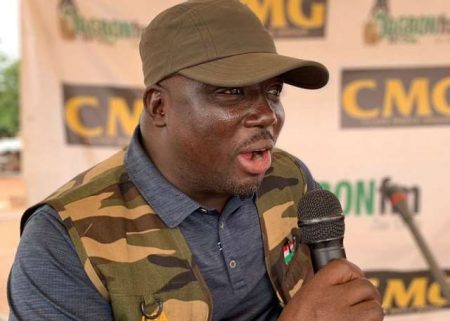Rauf Aregbesola, a seasoned politician and former governor of Osun State, has embarked on a mission to galvanize the African Democratic Congress (ADC) into a formidable force capable of unseating the ruling All Progressives Congress (APC) in the upcoming general elections. Addressing party members in Akure, the Ondo State capital, Aregbesola emphasized the critical need for unity and collaboration within the ADC’s ranks. He urged members to prioritize the collective goal of wresting power from the APC over individual ambitions and differences, stressing that a united front is essential for electoral success. Aregbesola’s call for unity echoes a broader sentiment within the Nigerian political landscape, where fragmentation and internal squabbles often undermine opposition efforts.
Aregbesola’s optimism stems from the ADC’s growing support base, which has attracted notable figures from various opposition parties. He highlighted the endorsement of prominent political heavyweights like former Vice President Atiku Abubakar, former Senate President David Mark, and former Labour Party presidential candidate Peter Obi. These endorsements underscore the ADC’s potential as a coalition platform, uniting diverse political forces under a common banner to challenge President Bola Tinubu’s administration. The coalescing of these political figures around the ADC signifies a potential shift in the political landscape, suggesting a growing dissatisfaction with the current administration and a desire for a viable alternative.
The strategic implications of this coalition building were further elaborated by Gbenga Oedema, the New Nigeria Peoples Party’s (NNPP) governorship candidate in the previous Ondo State election. Oedema revealed that Aregbesola’s meeting with ADC members served as a briefing on the coalition’s progress and future plans. He clarified that the ADC had been chosen as the vehicle for the coalition’s political activities and emphasized the insignificance of ongoing court cases, dismissing them as mere distractions hyped by the ruling party. Oedema’s statement seeks to reassure ADC members and the broader public that the coalition’s efforts remain on track despite legal challenges, projecting an image of stability and focus.
Further bolstering the narrative of a united front against the ruling party, Akin Akinbobola, a former chieftain of the Peoples Democratic Party (PDP), expressed confidence in the coalition’s direction. Akinbobola painted a bleak picture of Nigeria’s current state, lamenting the widespread hardship, insecurity, and collapse of various sectors. He attributed these challenges to poor governance, lack of security, and inadequate infrastructure. Akinbobola’s stark assessment of the nation’s woes serves as a rallying cry for like-minded individuals to join the coalition’s cause. He framed the ADC as the vehicle for positive change, offering a platform for those committed to rescuing Nigeria from its current predicament.
Aregbesola’s message of unity resonates deeply with the coalition’s overarching goal of providing a credible alternative to the ruling APC. The endorsements from influential political figures like Atiku Abubakar, David Mark, and Peter Obi lend significant weight to the ADC’s ambitions. These endorsements not only broaden the party’s appeal but also signal a potential realignment of political forces in Nigeria. By presenting a united front, the coalition aims to capitalize on public discontent with the current administration and position itself as the viable option for change in the upcoming elections. The emphasis on unity, coupled with the backing of established political players, suggests a strategic effort to build momentum and present a formidable challenge to the incumbent power structure.
The coalition’s strategy hinges on several key elements: presenting a united front, leveraging the experience and influence of seasoned politicians, and capitalizing on public dissatisfaction with the current administration. By choosing the ADC as its vehicle, the coalition seeks to project an image of stability and focus, aiming to reassure voters that it offers a viable alternative. The ongoing court cases, while potentially disruptive, are downplayed as minor obstacles, further reinforcing the message of resilience and determination. The coalition’s success ultimately depends on its ability to translate this momentum into electoral gains, convincing voters that it represents a genuine path towards addressing Nigeria’s multifaceted challenges. The coalition’s rhetoric underscores a sense of urgency, emphasizing the need for immediate action to salvage the nation from its current trajectory.


